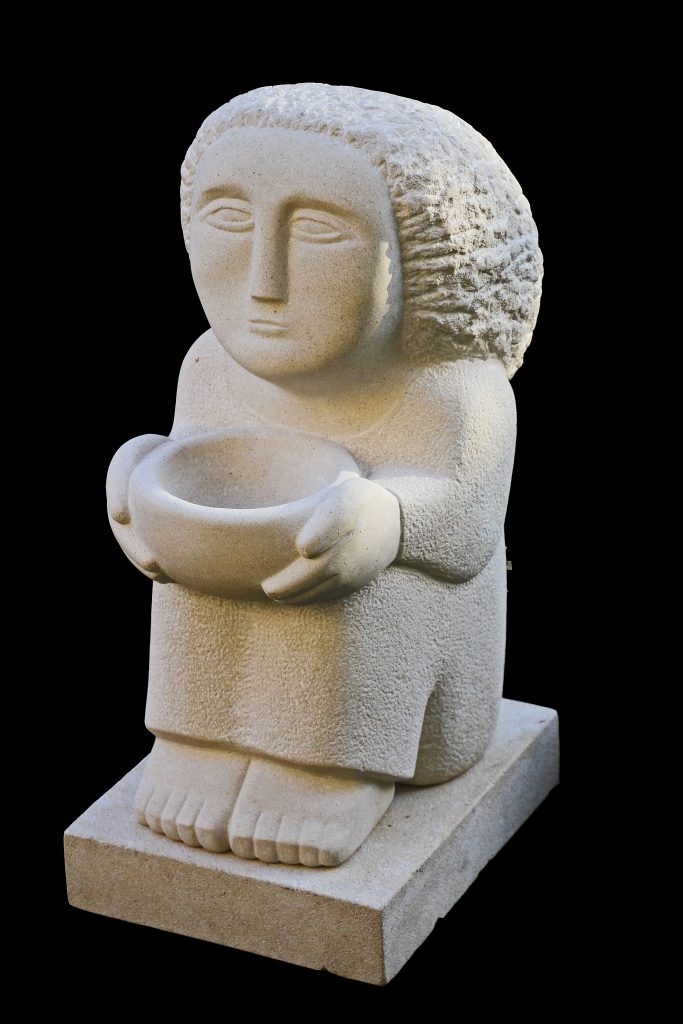Our Ethos

Borrowed Time is a project of Green Christian.
We are motivated and informed by a Christian faith, one that is open to insights from all traditions, one that is willing to be challenged, reinterpreted and renewed for an emerging future of radical uncertainty.
Drawing on archetypal Christian motifs, Borrowed Time offers contemplative space and theological resources to explore –
- how Christian belief and discipleship are being challenged by the emerging reality of environmental breakdown
- how leadership and pastoral care can respond wisely, justly and sensitively for the common good
In Green Christian we think the climate and ecological emergency is probably the greatest mission challenge the churches have ever faced. Informing Borrowed Time’s work is the recognition that resurrection is, of necessity, preceded by suffering and death: together with the conviction that profound grief and loss have the potential to become a gateway to transformation and hope.
One of the team sums up her perspective on the ethos of Borrowed Time:
“In Act 3, Scene 4 of Shakespeare’s King Lear, Lear, with his Fool, is out on the heath, in a raging storm. Faced with the disintegration of his own status and relationships, in physical and psychological distress, Lear, for the first time in the play, becomes aware of the reality of social injustice, from which his rank has previously blindfolded him. He speaks.
Poor naked wretches, wherso’er you are,
That bide the pelting of this pitiless storm,
How shall your houseless heads and unfed sides,
Your loop’d and window’d raggedness, defend you
From seasons such as these? O! I have ta’en
Too little care of this. Take physic, Pomp;
Expose thyself to feel what wretches feel,
That thou mayst shake the superflux to them,
And show the heavens more just.
(28-36)
“Borrowed Time, for me, begins on that heath. I imagine it as a makeshift or a natural shelter, in the eye of the storm, only temporarily shielded from its most unrelenting force. It is place for former kings, for fools, priests and poets, for me, for all fortunate misfits. (I dare to speak for a few.)
It is a place to come into from the clamour of opinions, not least our own;
To leave at the threshold our self-important burdens, the arrogant weight of privilege and assumption.
It is a place to pass through, not a place to dwell;
to recognise that what is new to us may not be a new thing;
to acknowledge that the world is not our backdrop.
It is a place, not to make us feel better, but to make us feel deeper;
to listen and to get lost;
to move from indifference or guilt to responsibility;
from individualism to solidarity; from centrality to periphery.
A place in which to think seriously, disentangling the threads of harm in histories, geographies, ecologies and theologies;
to hold tensions without needing to reconcile them;
to find our own framings and to lay them aside.
It is a place to go out of with the energy of agency, patched up and back on the road.
(For there is a road to be travelled by each, and work to be done, whether exterior or interior.)
And a place to be healed, but only just enough, keeping that ragged hole in the heart,
the climate wound through which the light, the wisdom of the wretches, gets in, and abides.”
Tanya Jones, August 2022

